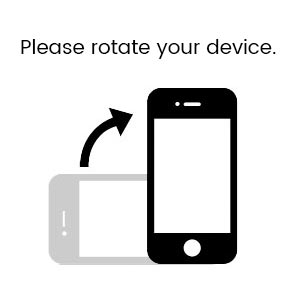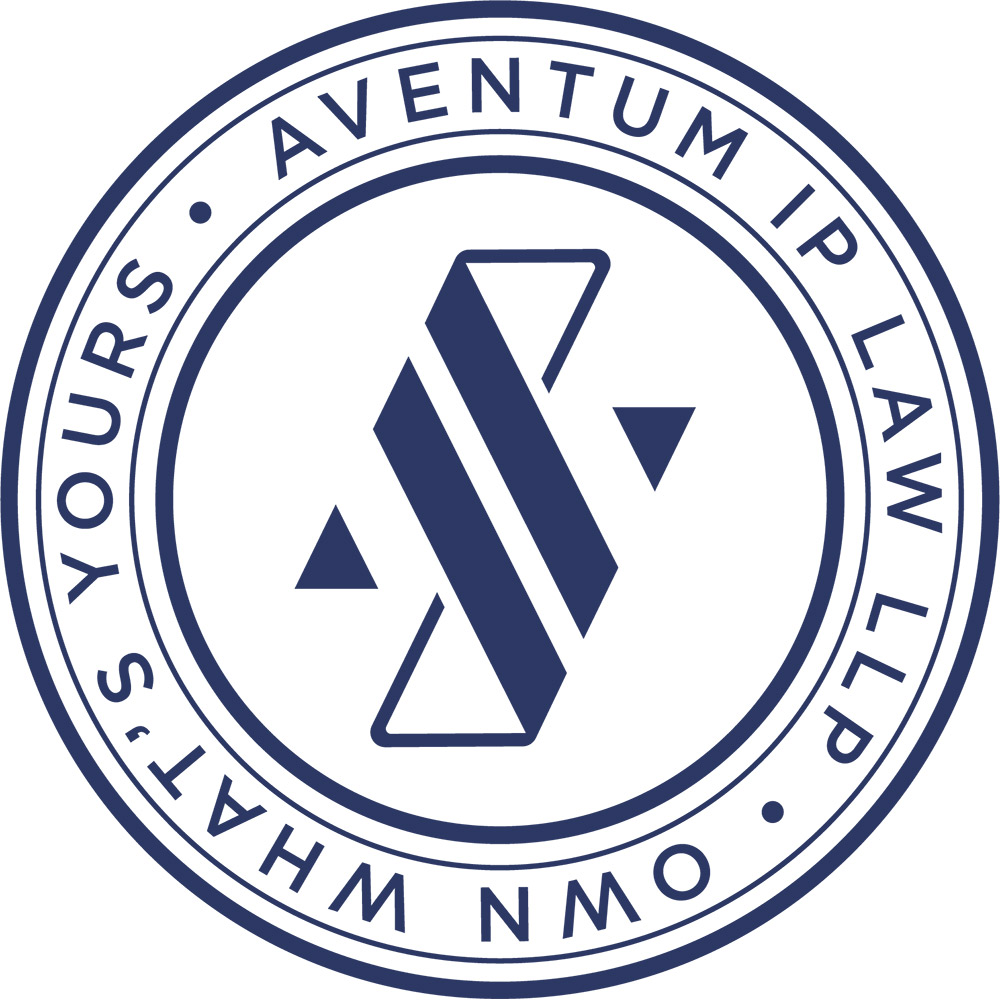On June 27, 2018 the Government of Canada published the new Industrial Design Regulations in the Canada Gazette. The new Regulations are to carry out amendments made to the Industrial Design Act in 2014, and to facilitate Canada’s accession to the Hague Agreement.
The Industrial Design Regulations are expected to come into force on November 5, 2018. Among the proposed changes, below are some of the highlights:
Implementation of the Hague Agreement. The Hague Agreement provides a mechanism for registering an industrial design in multiple countries via a single international application, filed at the World Intellectual Property Office (WIPO). An international application thus filed is examined for formalities during the international stage; if in compliance, it proceeds to international registration. Under the proposed changes, applicants are permitted to file an international application with WIPO seeking registration in one or more jurisdictions who are members of the Hague System, including Canada. If Canada is designated, the Canadian Industrial Design Office will receive the file (the Hague application) and proceed with examination.
Set Form for Application is Abolished. Under the proposed changes, the form of the application is no longer mandated, eliminating the need for an applicant to follow the prescribed form and/or statements. A description of the design has also been made optional.
Novelty Bar Due to Self-Collision Relaxed. Under the current practice, self-collision arises when an applicant’s earlier registered design or application is too similar to the same applicant’s later filed design and therefore blocks its registration. The Canadian Industrial Design Office will refuse to register the later filed design because it lacks novelty over the earlier one. Under the proposed changes, when a self-collision situation arises, the later filed design will not be blocked by the initial design if it was filed within 12 months of the filing date of the initial design.
Illustration Requirements Relaxed. Under the current practice, either drawings or photographs, but not both, are permitted. Under the proposed changes, either drawings or photographs or both, are permitted.
Voluntary Divisional Application Possible within Two Years of the Original Filing. Under the proposed changes, an applicant will be permitted to file a voluntary divisional application to pursue design elements disclosed but not claimed in the original design, provided that the divisional application is filed within 2 years of the original parent application’s filing date and the parent application was not subject to a restriction requirement.
Publication of Pending Applications. Under the current practice, application for design is kept confidential unless and until the design is registered. Under the proposed changes, national applications will be made available to the public if the application is still pending 30 months after the filing date or priority date. Hague applications and divisional applications resulting from Hague applications will be made available to the public as of the date of publication of the international registration. If applicants wish to keep their application confidential by withdrawing the application or their priority claim, they will be required to do so at least 2 months before the 30-month deadline.
Numbers of Extension of Time to Respond to an Office Action Reduced. Under the current practice, an applicant has three months to reply to an office action and receives an automatic six-month extension of time to respond to the office action upon request with a possible subsequent extension of an extra six months depending on the circumstances. The proposed changes will only allow for a single extension of six months if requested.
Term of the Exclusive Right Extended. Currently, applicants have a maximum of 10 years of protection beginning on the date of registration if they pay a maintenance fee to renew their exclusive right. Under the proposed changes, applicants who renew their registration are entitled to receive protection that ends on the later of the end of 10 years after the date of registration and the end of 15 years after the filing date of the application.
For more information, contact Katie Wang.
























